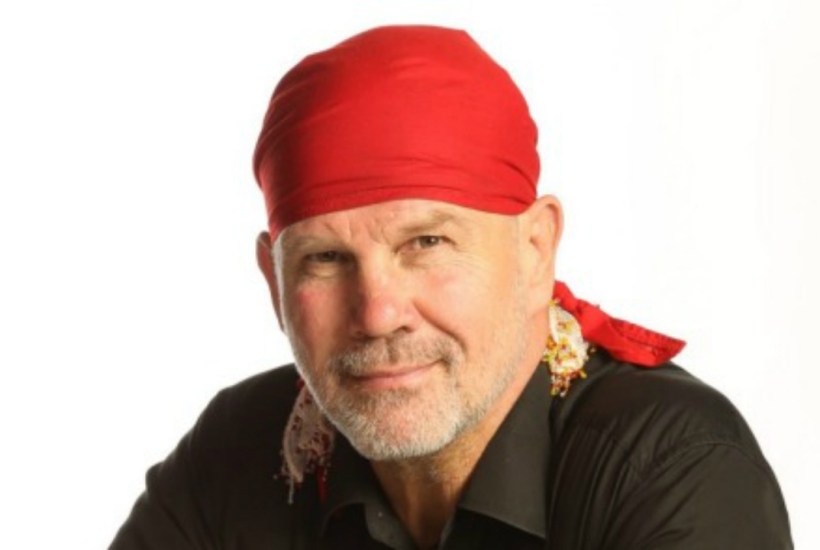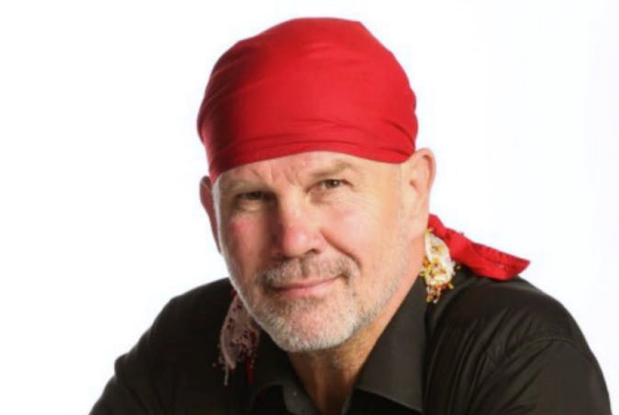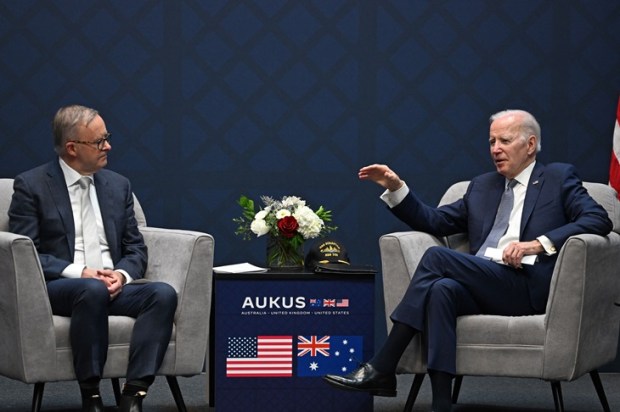The Fairfax papers has become so strident in their LGBTIQ advocacy that they cannot tolerate anyone having a view other than their own. And what’s more, they’ll publicly name and shame anyone who does. Just take the recent incident involving Israel Folau who unleashed the social media lynch mob recently, simply for expressing—perhaps a little incautiously—the traditional Christian view that sexual immorality will result in God’s judgment (i.e.
Already a subscriber? Log in
Subscribe for just $2 a week
Try a month of The Spectator Australia absolutely free and without commitment. Not only that but – if you choose to continue – you’ll pay just $2 a week for your first year.
- Unlimited access to spectator.com.au and app
- The weekly edition on the Spectator Australia app
- Spectator podcasts and newsletters
- Full access to spectator.co.uk
Or


























Comments
Don't miss out
Join the conversation with other Spectator Australia readers. Subscribe to leave a comment.
SUBSCRIBEAlready a subscriber? Log in